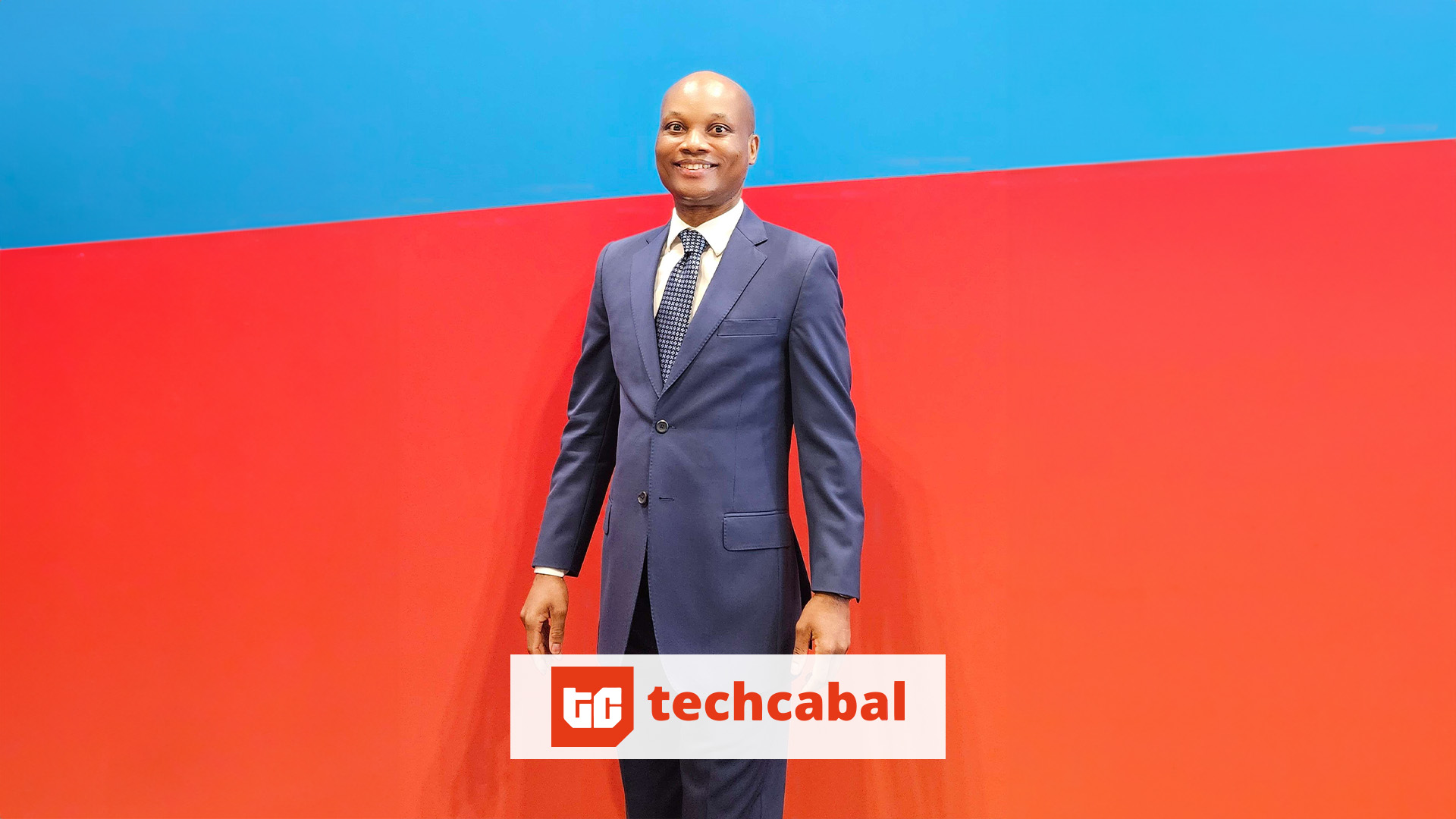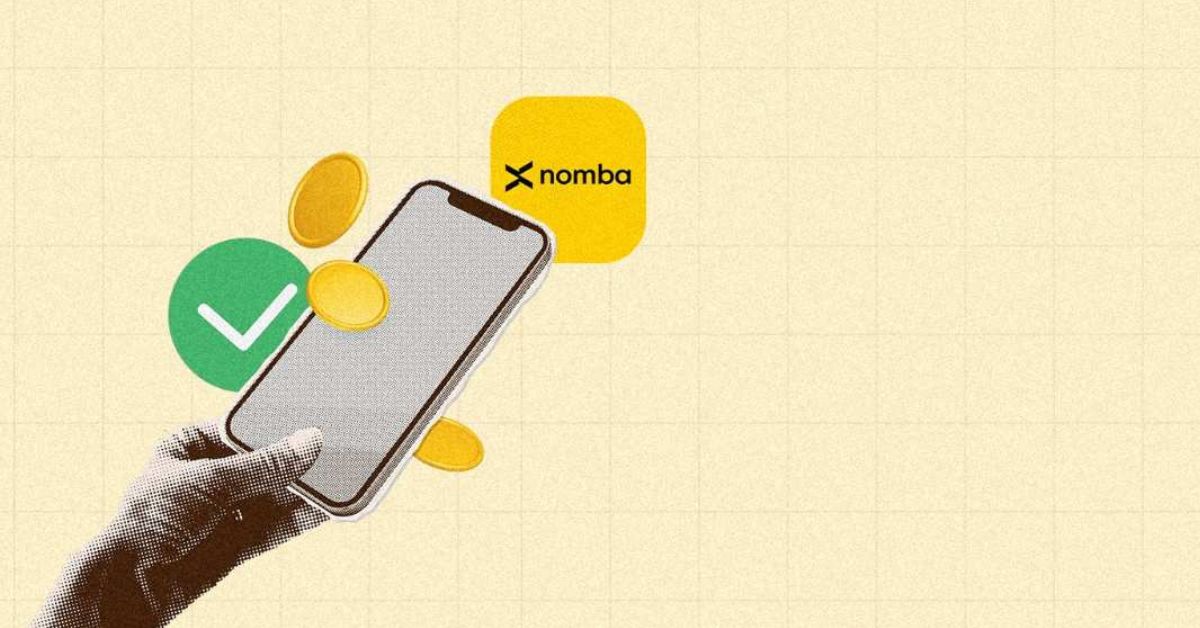Noel K. Tshiani is the founder of Congo Business Network. He has worked with entrepreneurs from various African countries since October 2018, advising them on their marketing, branding, communication, and visibility strategies through social media, magazines, online newspapers, television, radio, and website presence. He holds three university degrees in marketing, finance, and political science from the University of Maryland in the United States of America.
I decided to launch a startup in early 2017. At that time, what I knew about marketing, I had learned in college. To my surprise, I quickly realized that there was a big gap between what I studied in university and what I needed to put into practice in the real world of entrepreneurship.
In 2017, marketing primarily focused on providing advertising services and prices for clients who would decide if they could buy my services. Now, marketing has shifted to storytelling, particularly with the rise of entertainment-focused platforms like TikTok. These platforms prioritize entertainment as the primary means of promotion, rather than traditional advertising. In the past 5 years, focus on platforms like Twitter and LinkedIn has turned to content creation, making it difficult for a startup that relies on traditional advertising to stand out on social media.
As we enter 2023, African entrepreneurs need to learn, practice, and focus on storytelling when seeking to reach stakeholders in the marketplace. Clients, investors, and business partners will better relate to a heartfelt story than plainly advertised services and prices. Storytelling gives the entrepreneur the opportunity to communicate a story that resonates with real people rather than emphasizing the benefits of a product for a buying decision to be made based on price and efficiency.
As such, developing a visible personal brand will become more important for African entrepreneurs next year. To tell the story of your startup, you need to know yourself first as a founder and master how to communicate your values, motives, and ambitions. Having worked on Wall Street in New York, I have seen firsthand why it is indispensable to learn how to communicate who I am as a person and the value I bring in business relationships. In a B2B environment, people prefer to do business with other people who don’t base buying decisions only on benefits and price.
Storytelling for a startup involves knowing the history of how the business started and being able to communicate the major highlights of key moments in the evolution of the company to clients, investors, government officials, business partners, and the media. The goal is to create an ongoing awareness of the solution a startup offers in the minds of the people in the marketplace. Storytelling is a process that involves many people in the business and is not the sole responsibility of the founder or the marketing department once the business grows to a certain size.
Since January 2022, I have organized delegations of startups and government officials from Kinshasa to participate in the Consumer Electronics Show in Las Vegas, Ambition Africa in Paris, and the Africa Fintech Summit in Cape Town. Beyond these delegations, I participated in Viva Technology in Paris in June and in the Meeting of Entrepreneurs from France organized by the Movement of French Companies at ParisLongchamp in August.
During all these business trips, storytelling both for myself and for other entrepreneurs in the delegation was at the core of what clients, investors, and business partners wanted to hear. To stand out in the crowded social media posts, storytelling is the most effective marketing strategy that African entrepreneurs need to master in 2023.




















